Healthcare Compliance and Security
Your Resource on Healthcare Security & Compliance Standards
Are you struggling to understand healthcare compliance and security or put their principles into practice? We at Vitamin Software are your reliable tech partners, here to elaborate on the most influential concepts and help bring them to bear in your next SaaS solution.
Continue reading and discover the core principles necessary for healthcare software security and success.
Understanding Healthcare Compliance and Security
According to Grand View Research, the healthcare SaaS market will reach $51.7 billion by 2028. With this scope of implementation of technology in hospitals, security will have to be at the heart of its development — that’s the only way for tech to improve provider integrity and patient outcomes.
With the growing emphasis on security and privacy, this priority will impact and aid healthcare SaaS providers. It’s way less expensive and better for your reputation to invest in preventing security threats than fixing issues as they arise — and they’re likely to. In 2023, Johns Hopkins was sued for a breach that resulted in the leak of sensitive patient data. If it can happen to such a renowned institution, it can happen to any of us.
As health records go online, consultations become virtual, and clinics segment into specialties, compliance and security ensure patients can trust you with their information. Without these principles, you’re liable to data breaches, subject to penalties and lawsuits, and even risk going out of business.
Abbreviations We Build By
HITECH
HITECH is the Health Information Technology for Economic and Clinical Health Act of 2009. It was created to motivate the implementation of electronic health records (EHRs) in the US. It expanded the protections imposed by HIPAA to cover business associates, which became responsible for protecting PHI. Vitamin’s engineering team abides by high healthcare security standards when working with all entities in the industry.
PPACA
PPACA is the Patient Protection and Affordable Care Act of 2010. It made healthcare information technology more important and encouraged organizations to coordinate and expand it. Fourteen years later, interoperability remained a cornerstone of the PPACA, letting organizations exchange data in standardized, readable formats. We support this requirement with FHIR data exchange standards.
NIST
NIST is the National Institute of Standards and Technology at the US Department of Commerce. Its Cybersecurity Framework helps businesses protect their networks and data. Our engineers use NIST principles as guidelines to build secure apps and platforms. We’ve discussed the latest NIST guide on HIPAA implementation in a separate post, so give it a look.
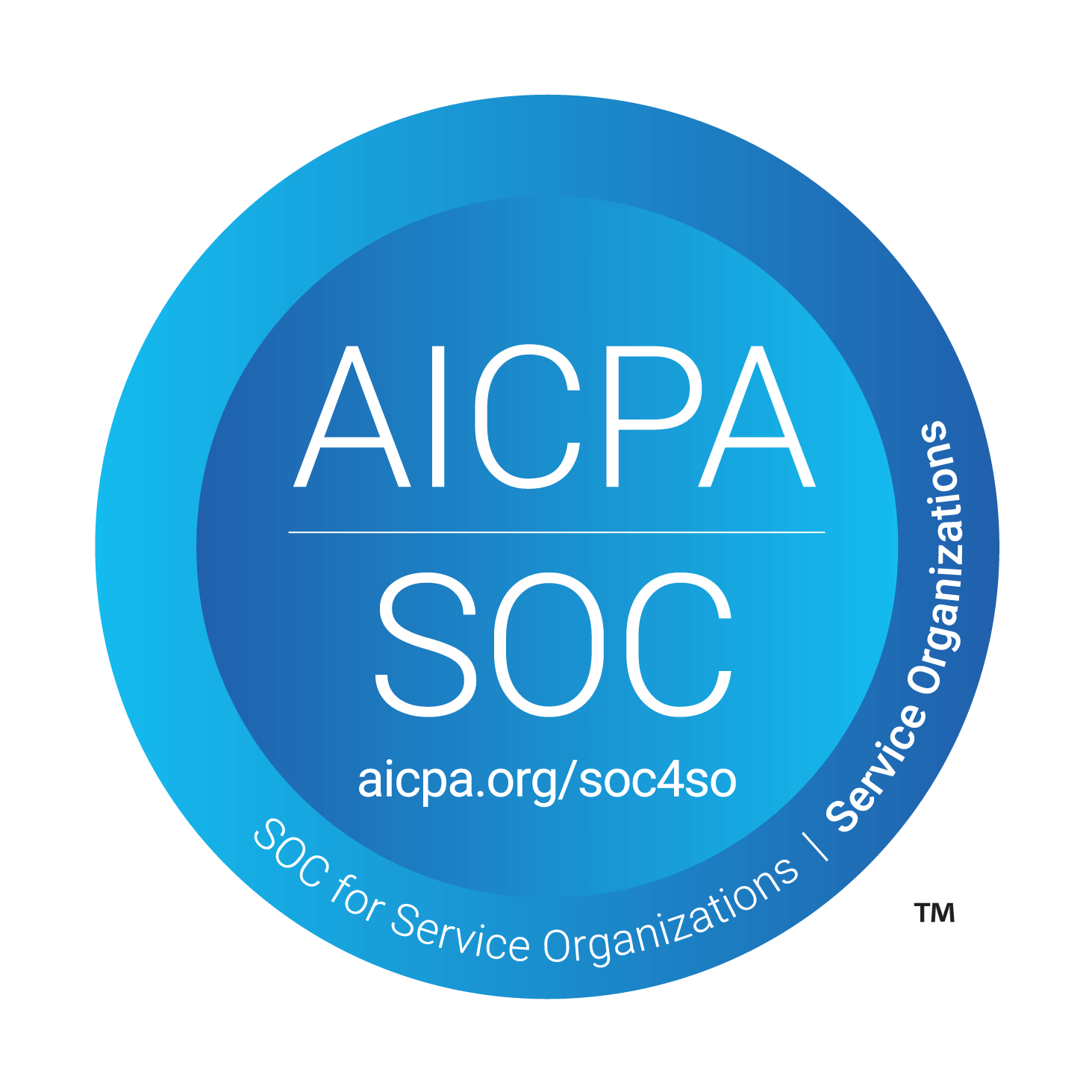
SOC 2 is the Service Organization Control Type 2. It’s a cybersecurity compliance framework by the American Institute of Certified Public Accountants (AICPA). It ensures third-party providers securely store and process sensitive data shared by providers. When a vendor exhibits SOC 2 compliance, you can work with them without compromising your own data.
We at Vitamin are SOC 2 certified, meaning we have enterprise controls to secure our clients’ information.
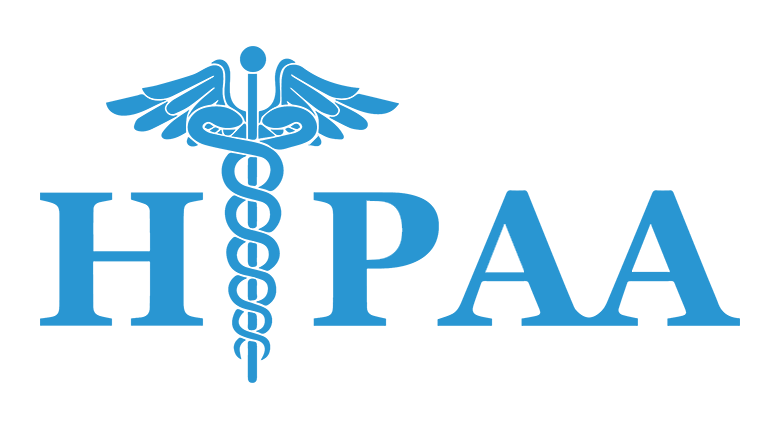
HIPAA is the Health Insurance Portability and Accountability Act of 1996. This federal law mandates healthcare providers not to share patient health information (PHI) without their knowledge or consent.
How do we ensure HIPAA compliance while building healthcare SaaS products? By building data security into our software solutions. We encrypt data and create permissions to let authorized individuals access it. We identify and address vulnerabilities before launch and stay up-to-date with relevant publications, like the latest NIST HIPAA guide.
.webp?width=516&height=410&name=pci-dss-1%20(1).webp)
PCI DSS is the Payment Card Industry Data Security Standard. It covers four security areas: network and system, physical access controls, policies and procedures, and monitoring and testing. Created by major card brands in 2004, it’s now the gold standard for keeping card transactions safe from fraud and data theft. Healthcare institutions safeguard patients’ personal and payment information by adhering to PCI DSS. Otherwise, they can suffer financial penalties and lose their HIPAA compliance status.
PCI DSS v4.0 is the latest iteration of the standard. We follow it for all software that requires an integration with a payment system.
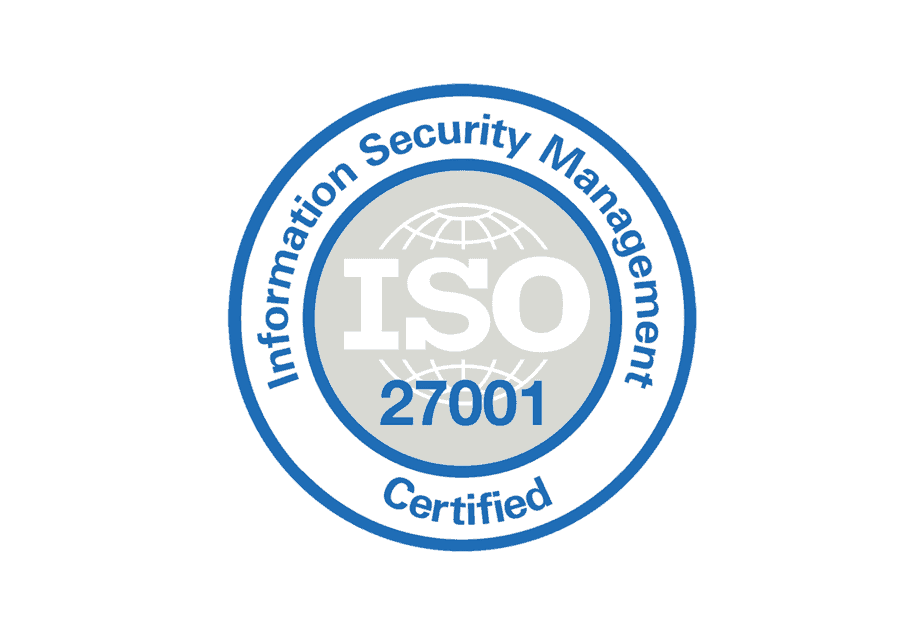
ISO 27001 is the leading standard for data security, issued by the International Organization for Standardization. It defines the requirements an information security management system must meet. The goals are cyber-resilience, risk management, and operational excellence.
Following ISO 27001 helps healthcare organizations define the best procedures regarding information management — the dos and don’ts, if you will. This standard is a tool for our developers, giving us a set of standardized practices to follow to guarantee healthcare compliance and security.
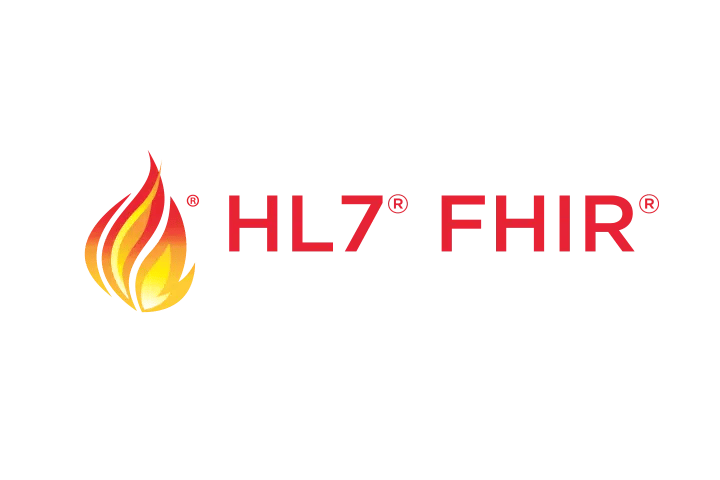
FHIR (Fast Healthcare Interoperability Resources): Experience with FHIR standards makes our solutions easy to integrate with other workflows. Seamless data exchange among different systems is guaranteed.
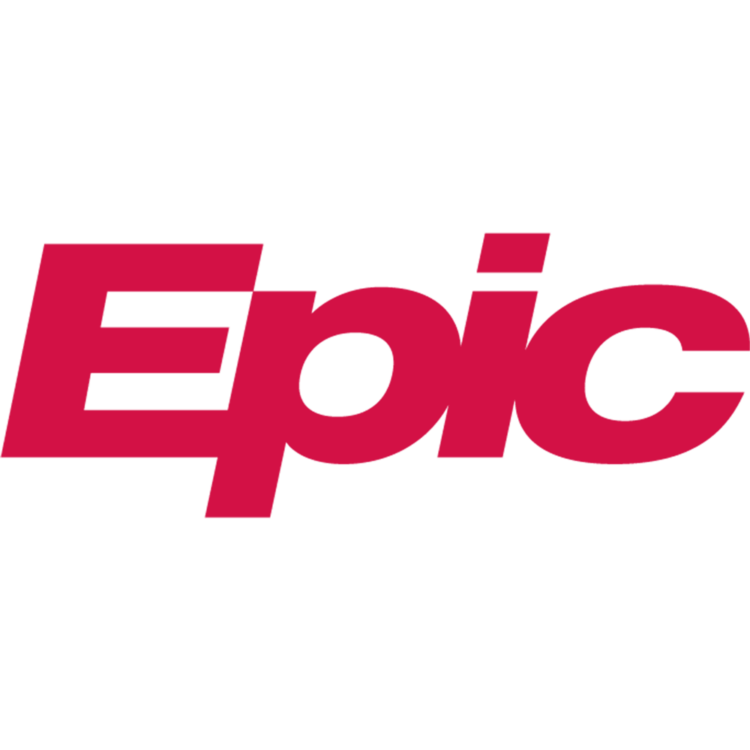
Epic certification: Epic Systems Corporation is a leading provider of EHR software for healthcare organizations. This certificate lets us work with healthcare providers who use Epic software and shows how committed we are to security.
How Vitamin Builds Compliant & Secure Healthcare SaaS
We recognize that healthcare security is an interplay between engineering and cybersecurity. That’s why we bring in both teams to ensure that our approach to development will integrate with your security system.
We advise our CISO and your cybersecurity department to add all data protection requirements to our project plan before moving to the execution stage. Moreover, we never access PHI on our own platforms — instead, we use synthetic data until you grant access through an internally secured ecosystem.
Here are the principles we follow during planning and development:
Risk assessment
During the planning stage, we identify where PHI will be stored and transmitted. This roadmap lets us flag every area that needs encryption or access controls. For instance, our products bring no risk of insurers accessing data not strictly necessary for payments.
Secure deployment
We introduce new software solutions to your organization securely. This includes following the best practices for server configuration, network segmentation, and firewall rules.
Third-party security
We also stay up-to-date with the latest developments in the healthcare security sector to bring our A game to each business solution we devise. Notably, there’s now a growing interest in AI and ways to implement it in care management — and we’re on top of this trend.
Our Work In Practice
We’ve proven our commitment to healthcare security through collaboration with various providers and operators in the healthcare industry. Here are illustrative examples of our compliant software building:
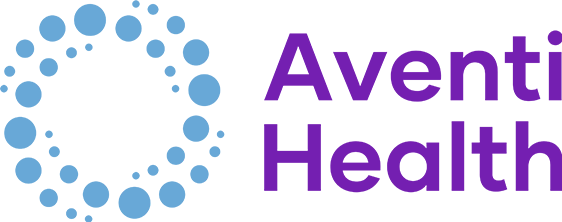

How Vitamin Supports Healthcare Compliance & Security Post-Launch
Working with Vitamin ensures you’ll be running operations on a compliant platform. However, what happens after deployment? We help keep your technology and business as secure as possible.
Our cybersecurity team can help you establish a response plan to handle security breaches should they occur. Of course, our products contain advanced monitoring tools to detect such incidents in real time.
You can subscribe for regular maintenance at Vitamin to ensure everything we’ve built continues working as intended. If there’s a vulnerability or compliance gap in another part of your software, know that our services include maintaining existing SaaS products to get you back on track.
Another factor to keep top of mind is your employees. They should know how to use the new SaaS platform while maintaining healthcare security and HIPAA compliance. Everything we build arrives with thorough documentation and demos. If needed, we’ll also develop training specific to your use case and ensure no breaches due to lack of knowledge.
We’re here to support your future business endeavors through a long-term partnership, too. Our developers can enhance your protocols as you expand and enter new markets — and our SOC 2 compliance ensures safety in our collaboration.
Healthcare Compliance & Security
Would you like to dive deeper into healthcare compliance and security? Here’s your ultimate reading list:
Hacking Healthcare by Fred Totter discusses the basics of IT in healthcare, setting a foundation for a secure organizational structure.
The HIPAA Journal provides insights into HIPAA compliance and data breaches that occurred in the industry, complete with free webinars.
Healthcare Information and Management Systems Society (HIMSS) delivers educational resources, webinars, and events on healthcare security.
Healthcare Compliance Association (HCCA) provides training, certification, and networking opportunities for healthcare compliance professionals.
It pays to follow thought leaders from the industry — including our CEO — on LinkedIn. They share personal insights, advice, and relevant articles covering healthcare security and much more. timeliness and quality.
Build Secure SaaS With Vitamin
Not sure how to move the needle with your SaaS product?
Healthcare compliance and security are safeguards — they maintain trust, integrity, and the viability of your organization. Vitamin simplifies the journey to becoming compliant, providing software that protects you now and lets you thrive in the face of technological advancements.
The healthcare industry evolves, but our dedication to compliance stays strong — and so does your software. Schedule a consultation to discuss ways to build compliant, patient-centric, secure solutions together.
Latest blog posts
Lorem ipsum dolor sit amet, consectetur adipiscing elit. Suspendisse varius enim in eros elementum tristique.
- Andjela Markovic
- October 7, 2024
- Andjela Markovic
- September 30, 2024
- Andjela Markovic
- September 23, 2024
.png)
.png)
.png)